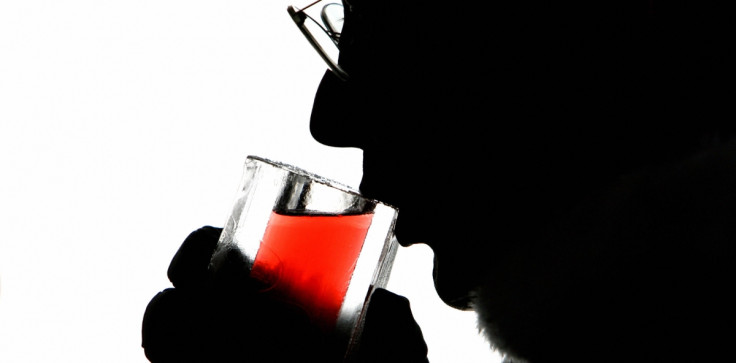Ready for a month of abstinence? Dry January kicks off, with the hope of making us alcohol-free
Dry January may bring health benefits – so long as good drinking habits are pursues the rest of the year.

After all the excesses of the Christmas season, when rich foods and alcohol have been consumed in abundance, many decide to take a break and drop booze for a month, as part of a campaign known as "Dry January".
First organised by Alcohol Concern in 2013, the campaign seeks to change people's minds about alcohol and to get people to stop drinking during the first month of the year. The hope is they may lower their consumption of alcohol in subsequent months. The initiative has been supported by Public Health England since 2015. In January 2016, about one in six Britons attempted the challenge.
The effects of heavy drinking and alcohol addiction on the body have long been documented by scientists. It is known to lead to extensively damage the liver and favour the development of fatty liver disease, alcoholic hepatitis or cirrhosis.
There has also been increasing evidence that important alcohol intake could make certain cancers more likely as well as contribute to high-blood pressure and heart disease.
Short-term benefits of Dry January
There is less consensus however regarding the impact of moderate drinking on the health and on whether giving up alcohol for just one month, when you just drink occasionally will have major, measurable, effects. No large rigorous scientific study has yet been published in a journal to examine the long-term health effects of giving up alcohol for a month.
However, many people taking part in Dry January campaigns have reported shirt-term benefits, even those who were only moderate drinkers. This included weight loss, better sleep and better mood, and feeling more energised.
In 2013, New Scientist journalists teamed up with the Institute for Liver and Digestive Health at University College London Medical School to investigate how their bodies responded to alcohol abstinence for a month. Their findings were particularly interesting: Dry January led to liver fat falling by 15% on average – something that is significant because fat on the liver can be a precursor of liver damage. Total blood cholesterol dropped by 5%, lowering the risk of heart disease.

The campaign could also improve people's skin and makes them feel better about how they look. Past research has shown the effect of alcohol on appearance, highlighting that it leaves the body dehydrated, and looking bloated, and dry.
Passing on the right message
Some argue that promoting alcohol abstinence during a month is problematic because might pass on the message that Dry January mitigates the harmful effects of excessive drinking for the rest of the year and that it is ok to keep drinking on other months.
If people stop drinking for a month but go-back to their pre-January drinking levels the rest of the year, it is clear that there is not much point to the campaign.
Obviously, this is not what Alcohol Concern wants, and there has been evidence that the campaign actually motivates people to drink less all year round. In 2013, Dr Richard de Visser from the University of Sussex surveyed volunteers taking part in the campaign and found that six months after the campaign has finished, seven out of ten people have continued to drink less than before.

Another interrogation is who should join the Dry January challenge. It is likely that people who actually take part in the campaign are those who were already convinced of alcohol's harmful effects and are more likely to feel good about stopping.
At the other end of the spectrum, if heavy drinkers do take part, there is a concern that abrupt abstinence could cause more harm than good, if they had started to become physically dependent on alcohol. If an addiction is suspected, Dry January is not the best option and people should turn to health services for help.
© Copyright IBTimes 2024. All rights reserved.






